HOW CAN I TAKE BETTER PHOTOS?
4 TIPS FROM A WELLINGTON PHOTOGRAPHER
October 5 2015
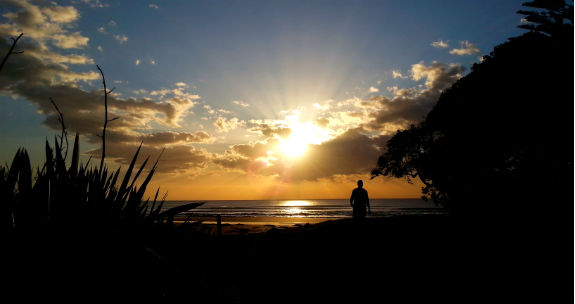 Wainui Beach, Gisborne - Oct 2015
Wainui Beach, Gisborne - Oct 2015
Over my years as a Wellngton photographer, many people have asked me "what can I do to take better photos?" So here's my attempt to filter my thoughts into a couple of hundred words. 4 tips to take better photos!
1. THE CAMERA IS NOT YOUR EYE!
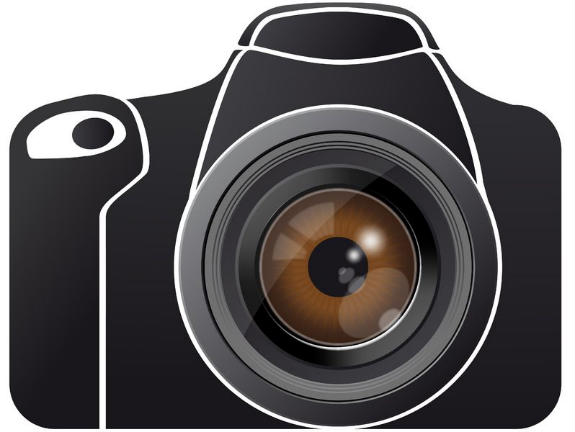
M. Scott Peck starts in the first lines of 'The Road Less Travelled', "Life is difficult . . . once we truly understand and accept it then life is no longer difficult." In a funny way I think the same is true of photography. 'The camera is not your eye! As soon as you accept that the camera is not your eye, photography gets easier!'
Camera sensors are amazing in what they capture. They can make a very close likeness to what we see. However, camera sensors and lense are limited in the dynamic range and intensity of colour and definition that they can capture. What does this mean? Cameras aren't as good as our eyes at seeing into black, or coping with big contrasts in light and dark, or knowing what objects to focus on within the different parts of a scene.
Also, when we look at a scene our mental image is made by our eyes looking at multiple parts of a scene quickly in quick succession. Our brain then compiles this into a single mental image. This process happens so quickly we don't realise it. Then there is the fact that most of us have two eyes that create our mental image of a scene. A 'two eye image' is more like a 3D type image. Two eyes also helps humans to gauge how far away an object is. Cameras generally only use a single lense and so camera images don't include this sort of information.*
Part of our sense of beauty, attractiveness or awe, at what we are seeing is generated by much more than just what we see. It is generated by multiple factors and senses: what we smell, what we feel, our own past associations with the situations, the three dimensional vastness of the environment. Unfortunately It's very difficult to capture all those things within a single, flat, two dimensional image.
So don't expect your photography to capture what you you see - the camera isn't your eyes, so it can't. I think that knowing and accepting that the camera isn't our eyes means that we don't become as frustrated or disappointed with our photography, but learn to work with the limitation to become better photographers.
Therefore, teaching yourself to imagine what the camera will see, what the images will look like once you take the photo, and how others, who don't have the added sensory and historical information that you are bringing to the scene, might see.
*Good article can be found here if you are interested in reading more about how awesome our eyes are compared to cameras http://www.cambridgeincolour.com/tutorials/cameras-vs-human-eye.htm
2. LEARN TO SEE THE LIGHT
Photography literately means light (photo) picture (graphy). Our brains are so clever at interpreting and filtering what we are seeing to show us only what we want to see that it's often hard to see a scene the way it really is.
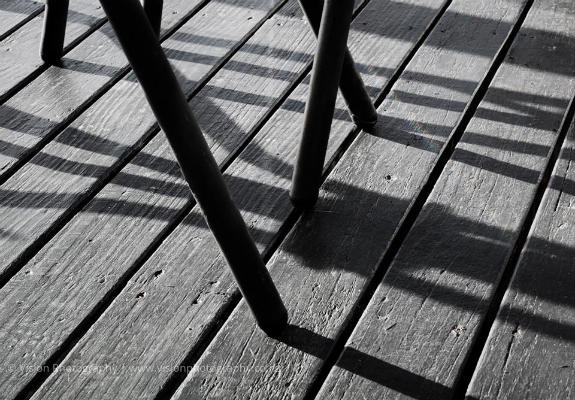 The hard light in the this image makes the shadows stand out dramatically.
The hard light in the this image makes the shadows stand out dramatically.
What things to look for in the light
Is the light hard or soft? Is it strong and direct with very little haze which casts strong shadows? Or is the light boucing around a lot and lighting the scene from many different angles? The nature of the light can suit different types of photography better. Hard light often makes for better landscapes. Soft light is better for portraits, particularly if the subject is self conscience of having wrinkles.
 Hard lighting from above can make a subject look more sinister
Hard lighting from above can make a subject look more sinister
Another thing to look for is the angle of the light. If the light is falling from above the scene the shadows will fall differently than if the light is coming from the side or below. The angle of the light can have a dramatic effect on what is communicated through portrait photography. Lighting a face from above or below, for example, can make a subject look sinister.
Consider how you can use the lighting to communicate more through your photos.
3. FORGET ABOUT TECHNOLOGY
"What kind of camera do you have?" is often the first question that I am asked by amateur/enthusiast photographers. Sometimes the question takes the form of "Do you use Canon or Nikon gear?" Or they might try and engage me in an argument about mirrorless verses DSLR lenses. Or maybe impress me with the number of lenses they have.
But let me tell you a secret, some of the best photos I feel I have taken have been on my Samsung S3 (shush - don't tell anyone).
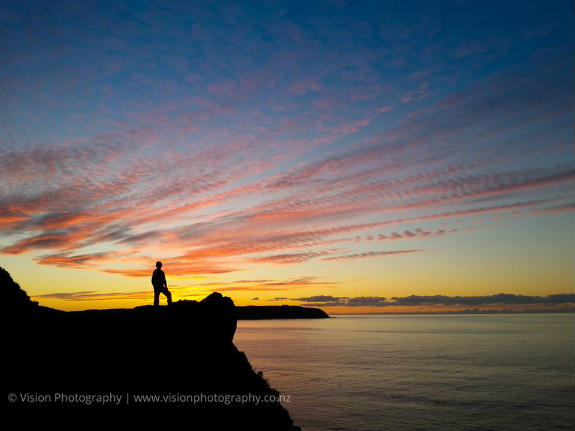 A photo taken on my old S3 mobile phone. 'The Cliff Track', Titahi Bay, Wellington,
A photo taken on my old S3 mobile phone. 'The Cliff Track', Titahi Bay, Wellington,
In fact, when I first moved from film to digital, I shot on two Nikon D70 cameras. I shot hundreds of weddings on those cameras. But my S3 phone has a higher pixel density than my Nikon D70. As someone commented to me on a forum recently, "the best camera to use is the one you have with you."
Focusing on the technology of photography is what the camera hardware companies would like everyone to do. They try and convince us that it's the gear that makes good photos. However, it's possible to make outstanding images from homemade cameras, like this image of the Golden Gate Bridge taken on a pinhole camera.
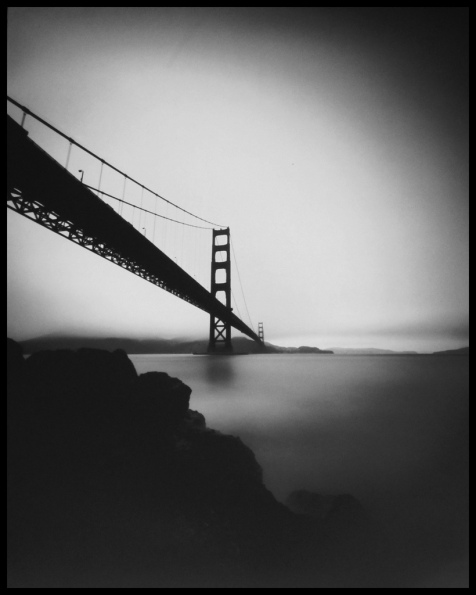
Outstanding images can be produced on homemade cameras (image by Chris Gampat)
4. THINK ABOUT COMPOSITION
In my opinion Composition is SO important! But it so often composition is an after thought. Rather than I outline the main compositional techniques myself, I found this video from Steve McCurry that illustrates composition much better than ever could.
Would love to hear you thoughts in the comments below.
Luke